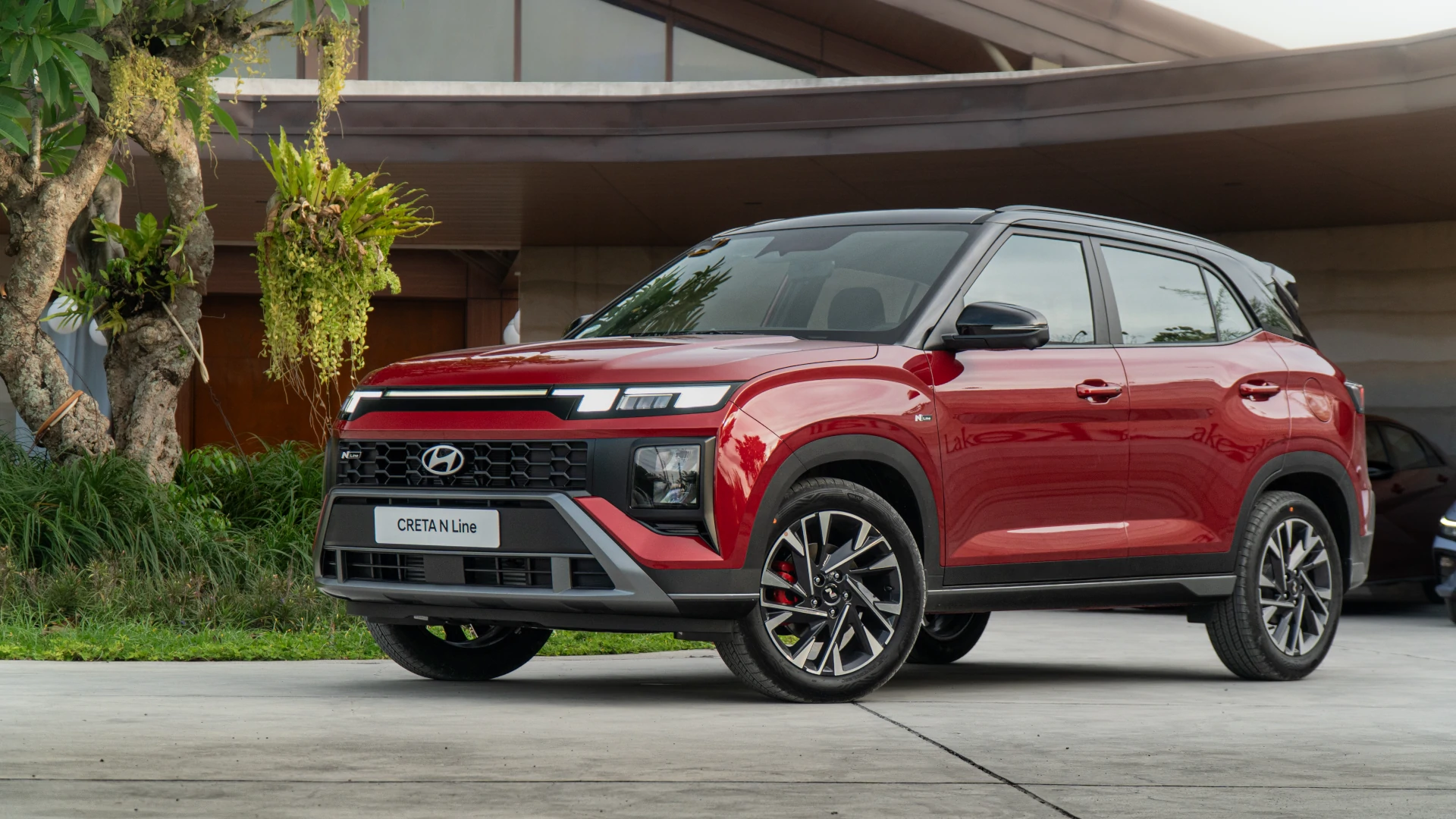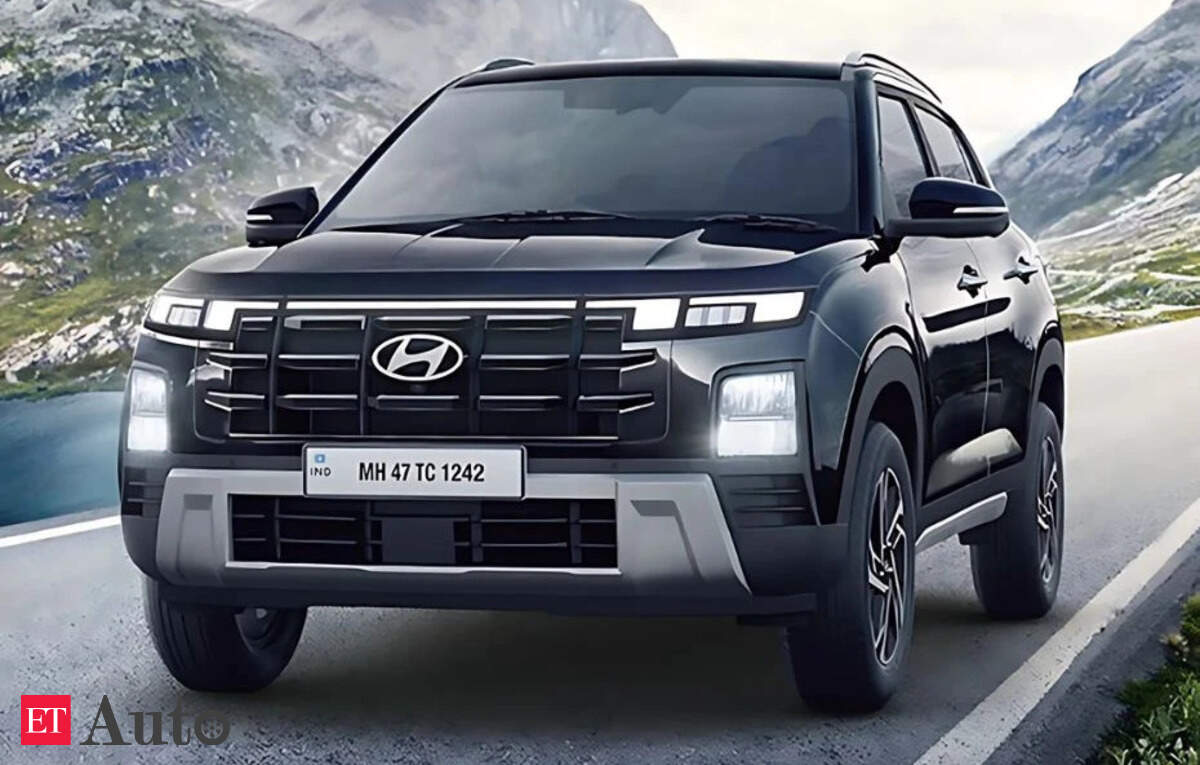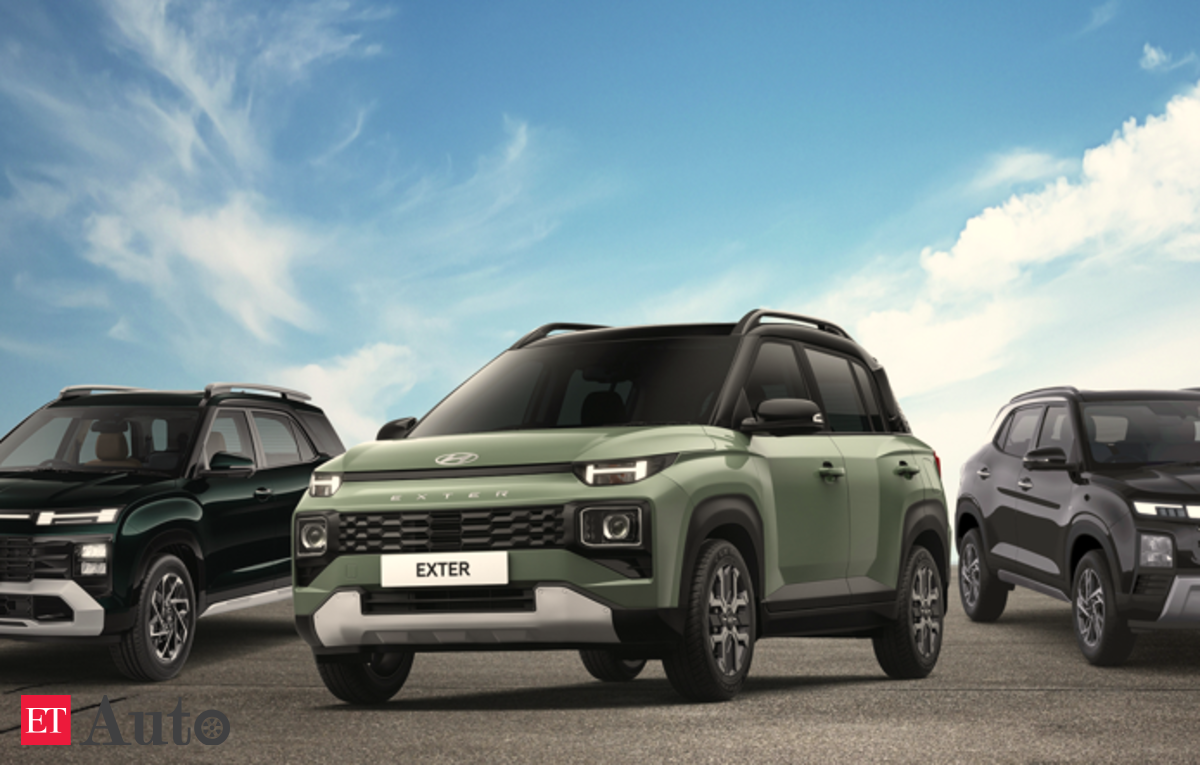Hyundai plans 26 product launch onslaught by 2030
With its market position under pressure and rivals racing ahead, Hyundai Motor India is launching its most aggressive product strategy yet to reclaim lost ground and future-proof its presence across ICE, hybrid, and electric vehicle (EV) segments.
is preparing for a decade-defining product blitz, with across internal combustion engine (ICE), hybrid, and electric vehicle (EV) segments. This marks the company’s most ambitious expansion strategy since it entered the Indian market in 1998. With its long-held No. 2 position under pressure and rivals like Tata and Mahindra rapidly gaining ground, Hyundai is now responding with a sweeping, multi-powertrain, multi-segment game plan.
Autocar India decodes the roadmap - from entry-level hatchbacks and compact SUVs to premium hybrids and skateboard-based EVs - as the Korean carmaker reloads to reclaim its place in the Indian market hierarchy.
The push comes at a time when Hyundai is facing serious headwinds. Once the undisputed No. 2 carmaker in the country, Hyundai has recently slipped behind and in monthly sales rankings. A relative slowdown in product action, especially in the booming SUV and EV segments, has allowed rivals to race ahead.
While Hyundai still commands strong brand equity and solid profitability, its model lineup hasn’t seen major churn over the last two years, making the brand vulnerable in the face of aggressive Indian competitors.
In response, Hyundai has drawn up a multi-layered product roadmap that will touch virtually every segment it operates in - from sub-compact hatchbacks to full-size SUVs, from ICEs to EVs, and now, hybrids too. While the 26-model figure includes facelifts and new variants, at least 7-8 of them will be all-new models across new and existing segments.
The product rollout is scheduled to begin in earnest by October 2025, with the introduction of the . The popular compact SUV will receive a major design overhaul and will be repositioned as a more premium "baby Creta." Hyundai is confident the update will help the return to monthly volumes of 10,000-11,000 units.
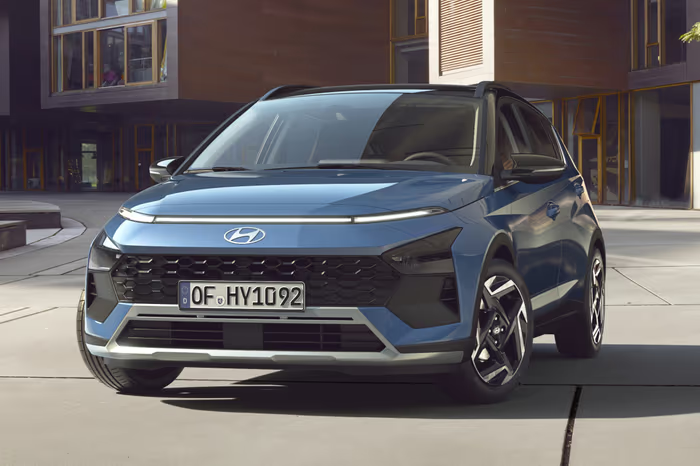
In mid-2026, Hyundai is expected to introduce the , a global crossover based on the i20 platform (internally codenamed BC4i). This new entrant will target the Rs 10-12 lakh price bracket, slotting in below the Creta and offering a new alternative in the high-demand crossover space.
Alongside this, a mid-cycle refresh for the Exter is also due by mid-2026. While the Exter has done decent numbers since its launch, it hasn’t quite hit the heights of the . Hyundai is expected to introduce a more upscale interior and styling enhancements to enhance its appeal.
The , which continues to be a strong export performer, will get a facelift by April 2026, helping maintain Hyundai’s relevance in the slowly declining sedan space. Notably, the company has also reversed earlier plans to discontinue the and , both of which will now receive new-generation replacements closer to 2027-28.
Hyundai’s electric ambitions will be realized in phases. The company launched the in early 2025, but market response has been muted, with monthly volumes slipping below 700 units. Critics argue that the model lacks differentiation and feels too similar to its ICE sibling in terms of design and experience.
Learning from this, Hyundai is developing a ground-up electric hatchback, codenamed HE1i, slated for launch in late 2026. It will be the company’s first skateboard-based mass-market EV, targeting a price range of Rs 10-15 lakh to compete with the and .
A more ambitious EV product onslaught is planned post 2027-28, when Hyundai may introduce an all-new mid-size SUV EV architecture, potentially built on a cost-optimized 400V EV architecture designed for emerging markets. That platform may be the company’s ticket into the Rs 20-30 lakh bracket, a space heating up with entries from and next-gen EVs.
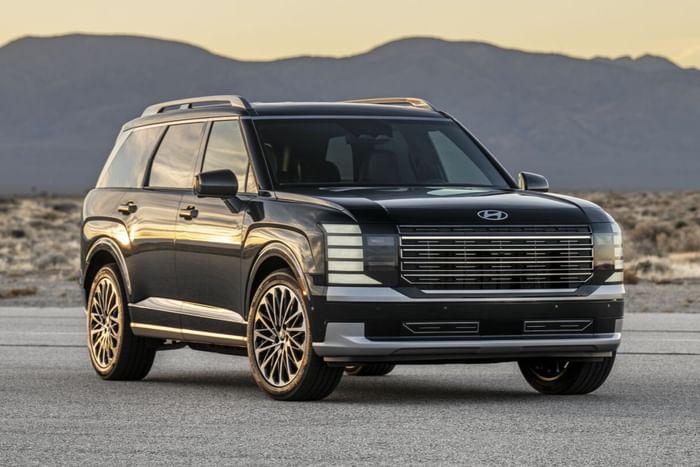
For the first time, Hyundai India will enter the hybrid space, starting with the , which is expected to arrive in 2028. This large SUV will also be the company’s new flagship offering in India, above Rs 30 lakh.
Hyundai has confirmed that its hybrid strategy will eventually extend down the lineup, and a as the base for future hybrid applications, say sources.
The , codenamed SX3, is scheduled to launch in February 2028. It will be a landmark model, offered with petrol, diesel, hybrid, and electric powertrains. This will be the first Hyundai model built to meet the upcoming CAFE 3 norms, marking the evolution of the Creta from a bestselling SUV to a multi-powertrain platform leader.
Hyundai is expected to throw its full weight behind this model, which remains the company’s most significant volume driver in India.
Aggressive investments back Hyundai’s product surge. The company is investing over Rs 10,000 crore toward product development and another Rs 8,000 crore toward R&D and manufacturing capacity. A new plant in Talegaon is expected to be operational by October 2024, while a 450-acre R&D center with a test track is being built in Telangana.
This will enable faster product cycles, more localized testing, and lower costs, key to remaining competitive in a price-sensitive market like India.
While Hyundai’s current challenges are real - loss of momentum, an underwhelming EV debut, and rising pressure from Indian OEMs - the company appears to be getting back into the game with clarity and purpose. With a product-heavy strategy, powertrain diversification, and deepening local investment, Hyundai is gearing up for a comeback in India.
Also see:








